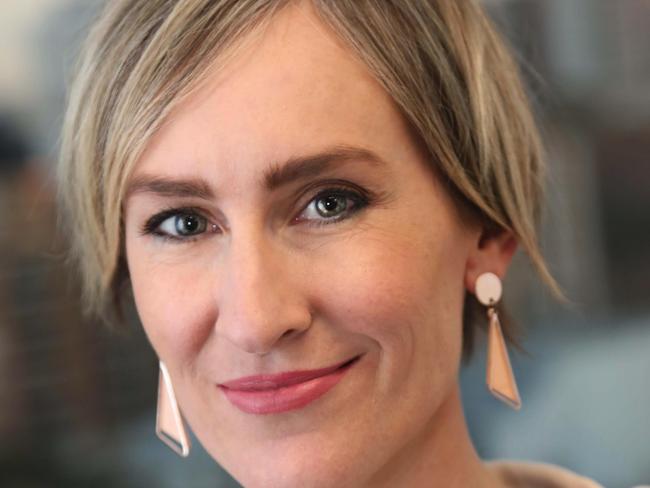Coercive control: Australian Bureau of Statistics reveal men suffer too, though more women are victims
New insights into the types of emotional abuse in Australia as well as victims and perpetrators have been revealed for the first time.
National
Don't miss out on the headlines from National. Followed categories will be added to My News.
Nearly as many men as women say their current partners have tried to control their contact with family, friends or people in the community.
And, more men than women say a former partner has threatened to take their children away from them.
The Australian Bureau of Statistics (ABS) said new insights into the types of emotional abuse – also known as coercive control – being perpetrated and who is more likely to be a victim have been revealed for the first time.
“People more likely to experience partner emotional abuse were single parents, people with intellectual or psychological disability, and those experiencing financial stress,” ABS Director of the National Centre for Crime and Justice Statistics, Will Milne, said.
Both women and men living in households which experienced cash flow problems in the previous 12 months were more than twice as likely to be in an emotionally abusive relationship than those better off.

The analysis also found that childhood experiences of abuse and exposure to violence increased the risk of experiencing partner emotional abuse later in life.
The ABS said emotional abuse increased between the ages of 30 and 44, for both men and women.
The new insights were pulled from the Personal Safety survey in 2016.
Numbers previously released showed that more than 3.2 million Australians said they had been a victim of emotional abuse – also known as coercive control.
Overall women were more likely to be a victim, with almost one in four women (23 per cent) saying they have been emotionally abused by a partner since the age of 15, compared with more than one in six men (16 per cent).
However, when it comes to current partners, women (6.1 per cent) were about as likely as men (5.2 per cent) to experience emotional abuse.

New analysis showed that within emotionally abusive relationships, threatening and degrading behaviours were more commonly experienced than controlling social or financial behaviours.
A CEO from Sydney, who did not want to be named, said she had split from her ex-husband 10 years ago and he was still emotionally abusing her and their 16-year-old daughter.
“He contacts us fortnightly if not weekly and it’s financial and psychological abuse,” the 51-year-old said.
“I can only describe it as being exhausting. When I look to the future, I can’t see it ever stopping.”

Full Stop Australia, an advocacy group supporting survivors of sexual and family violence, said psychological abuse, financial control, social isolation, surveillance, and gaslighting were used by abusers to instil fear and impede their ability to escape abuse.
“If you’re young, Indigenous or have a disability you are at greater risk,” Full Stop Australia’s CEO Hayley Foster said.
“But I would like to see data on who the perpetrators are because there is a lot of victim blaming attitudes in the community.”
The fresh analysis found that more than half of women and a quarter of men who experienced partner emotional abuse have also been physically or sexually assaulted by a partner.
Ms Foster said 95 per cent of people who have experienced physical violence in any setting, not just a domestic one, name a male perpetrator, whether that is a male partner or a male family member.
Full Stop Australia 1800 385 578
More Coverage
Originally published as Coercive control: Australian Bureau of Statistics reveal men suffer too, though more women are victims





